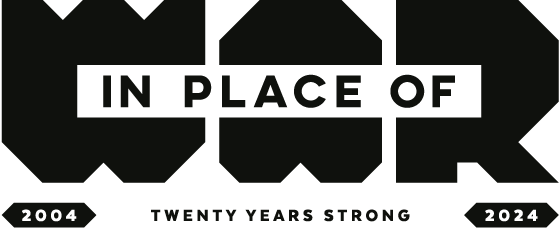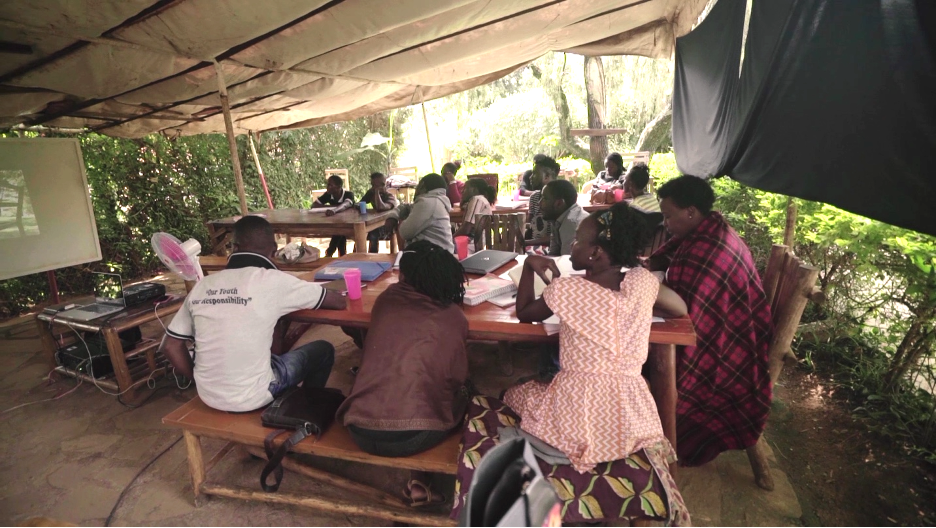The CASE Programme
The Creative and Social Entrepreneurial programme (CASE) emerged as a response to challenges faced by emerging and mid-career cultural practitioners in sites of conflict and tension, who often lack access to knowledge, skills development and networks to sustain and develop their cultural activities. Many have had their formal education disrupted due to conflict or personal circumstances. To this end, there are no minimal educational requirements to participate in the CASE Programme; participants must demonstrate an interest in creativity/culture and a commitment to driving positive social change through the arts in their communities.
CASE is an 8 unit programme aimed at developing soft skills and knowledge to support creative and cultural enterprises that drive social innovation. At the end of the programme, participants present their creative challenge, a proposal for a creative/cultural project that seeks to address a critical developmental challenge in their community. The most promising ideas are awarded mentoring and seed funding to support the development of projects.
In addition to this, there is also a Train the Trainer programme as part of CASE, to support the professional development of community educators and to scale the programme in local communities. CASE was one of the five shortlisted finalists for the UNESCO-Bangladesh Bangabandhu Sheikh Mujibur Rahman International Prize for the Creative Economy in 2021.
To date CASE, (including Train the Trainer) has been delivered to over 500 young people (aged 16-35) in Algeria, Bosnia, Colombia, Egypt, Jordan, Lebanon, Morocco, Palestine, South Africa, Tunisia, Turkey and Uganda, the UK and Malta (with cultural practitioners from refugee backgrounds). Over 90% of participants reported that the programme helped them to develop new soft skills (communication, collaboration, critical thinking and decision making), knowledge of the creative and cultural sectors and business processes (evaluation, budgeting, strategy, fundraising) and access to new networks and collaborative opportunities.
Impact
This has led to the development of new creative/social enterprises focused on offering solutions to critical challenges their communities face, new project collaborations, commissions and paid employment and educational opportunities for young people. Some of the projects include: upcycling plastic bottles to make bags, historical memory tours telling the stories of communities affected by conflict through performance and visual arts; arts-based mental health workshops for women; a clothing range for trans people; a digital market for local farmers; clothes alteration workshops for displaced people; an upcycled fashion business; and a cultural centre for young creatives. CASE has been awarded a ‘Making a Difference Award’ at The University of Manchester for its social impact and widening participation in education.

